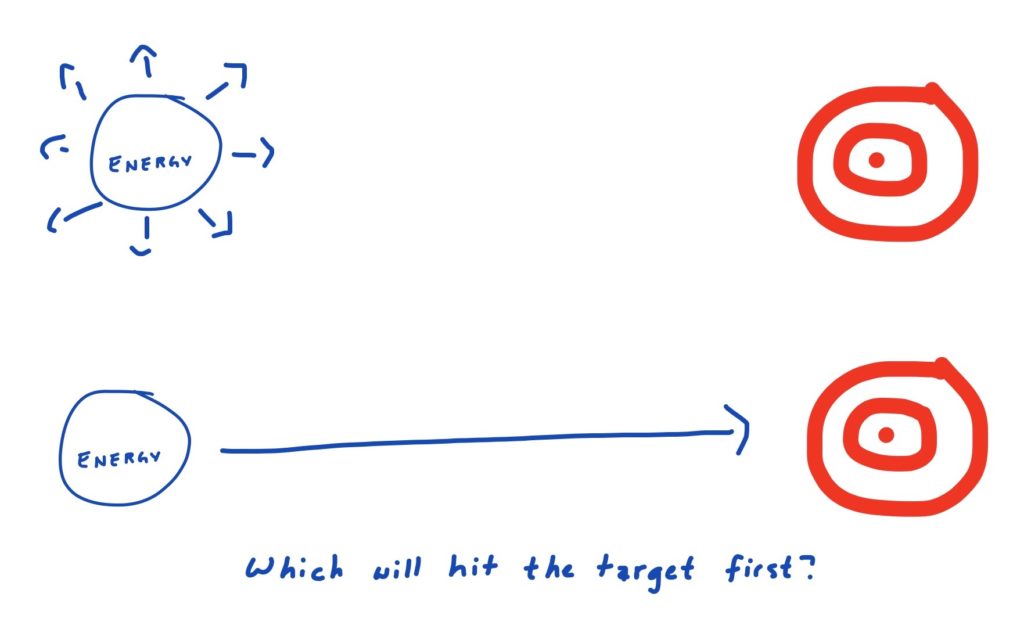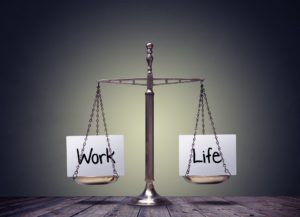During the last week of 2014, I entered into what I called my “monk week.” While I did not run off and join a monastery, I did block off my calendar and spend the week reflecting on 2014 and writing my one page strategic plan for 2015. And, like most people who plan, I had a nice list of things “to do,” that are intended to help me achieve my goals for 2015 (for both StartupLansing and Cognite Labs).
One month in, we’ve made progress on some things and not as much on others. For instance, we have been thrilled to work with David Smith to kick off the inaugural Startup Grind (which was an awesome event – if you aren’t signed up for this months, go do that now…I’ll wait). We’re also helping put on Startup Weekend, which is just a few weeks away. (Go register for that, too!).
Done registering for the awesome things coming up? Great, moving on.
We also have processes in place to make sure our calendar is up-to-date and we’re looking for more, relevant partners to make sure we’re curating the best startup events in the region.
But, as important as coming up with my list of priorities for 2015 was, it was also important for me, both personally and professionally, to reflect on what I needed to stop doing.
We Have Too Much to Do
Many of us thrive off of our to-do lists. I, for instance, live in Asana all day long. Because I’m a good disciple of David Allen’s “Getting Things Done” system, I use Asana to keep track of nearly everything from hair-brained ideas I get at 4am, to websites I want to read, to emails I need to send.
And my lists are long.
Sometimes, overwhelmingly long.
Until I remember that most of the stuff in there isn’t really that important.
Seriously.
We live in an age where it seems that we always have to be doing more. And, with modern technology (which I love!), it’s possible to be way more efficient than we could even just a few years ago, before we all carried computers in our pockets (seriously, anyone remember life before the iPhone?).
The temptation in such an environment is, therefore, to keep doing more. But the result is almost always fewer results.
Let me explain.
Diffused Energy -> Poor Results
While technology might make us more efficient, we still only have 24 hours in a day. And we still only have so much energy.
And, with that time and energy, we have to run our businesses, spend time with family, exercise, study, and so on and so forth. Start to add it up and it becomes easy to see why we often feel like “there’s not enough time.”
Even worse, when we diffuse our energy over the course of days and weeks, we start to feel drained. That feeling is compounded when we look at our accomplishments and feel like we’re behind where we’d like to be.
This visual, borrowed from Greg McKeown, makes it easy to see how diffused energy yields poor results.
The greater our focus, the greater the chance of hitting our targets. Faster.
For startups, where speed is everything, this principle of focus is even more important, because in addition to time and energy, you are also resource-strapped. We can’t afford to waste time on things that distract us from our goals.
The Pareto Rule
The reality is that a lot of the things we put on our to-do list don’t really matter.
Depressing, huh?
You’ve likely heard of the Pareto Rule, which states, and I’m paraphrasing, that 80% of results come from 20% of the inputs. Ever been on a team where it felt like you did most of the work that resulted in achieving the desired grade/contract/deliverable? Welcome to Pareto.
The same is true for much of our work.
Roughly 20% of the things we do, lead to our accomplishing the goals we want to accomplish. And this 20% is where we should focus our efforts. The other 80% should be dropped.
Take a minute and think about the last major thing you accomplished. What work did you have to do to accomplish that thing? And, of those efforts, which ones generated the largest momentum towards accomplishing that goal? And, while you were focused on that goal, what did you say ‘no’ too?
Did you experience this Pareto optimum?
Saying “no” to 80% of the things is hard. Stopping 80% of the things we’re already doing is harder. Because now we have to break commitments.
Raise Expectations to Protect Your Time & Energy
In my experience, I have found that one easy way to become more comfortable dropping the 80% is to raise expectations: for myself and for my time.
When I thought about the things that drained me, in a lot of cases, I knew in my heart that I didn’t really want to be doing the thing I had committed to anyhow. In many cases, I was too afraid to hurt someone’s feelings by saying “no” or having a difficult conversation. Or, I wanted to be helpful.
So, I did what a lot of people do, I made commitments, tried to honor them, avoided conflict, and tried to go along to get along.
Except I wasn’t making progress towards the things that really mattered to me.
Which, after a while, starts to take its toll.
As an early-stage entrepreneur, that toll often comes in the form of the opportunity cost of lost revenue. In other words, the time I was spending on other things was taking my eye off of generating revenue.
So, I started to raise the bar for my time.
I stopped doing a lot of coffees and lunches. In fact, I set up a specific Calendly for lunches and coffee that is designed to protect my time.
I stopped attending so many networking events, because they were distracting me from the events on which I wanted StartupLansing focused (Tech Tuesday, Startup Grind, and the Hatching are my priorities…and that’s still 6 events/month!).
I’m happy to give advice, but simply don’t have the time to build everyone else’s business from scratch. So, I stopped scheduling so many advising sessions. Instead, I created a Calendly for advice that asks 4 targeted questions that require thought. If someone isn’t willing to invest the effort to fill out the questions in advance (which are designed for their benefit, anyway!), then I’m not willing to spend the time talking to them.
I turned off real-time notifications. They add almost no value. And are distracting.
I stopped checking email first thing in the morning. And I (more or less) stopped internal email. Now, I check it just two or three times a day. And, only after I’ve planned/prioritized my tasks in Asana. Requests from email might help me reshuffle some things, but it’s a conscious decision to react, rather than an impulse to react. I’m forced to weigh the opportunity cost against what I had already decided I wanted to do that day. And my team? We communicate in Asana, not email (usually; there are some exceptions).
Next Steps
Saying ‘no’ can be hard. Quitting things, particularly things with inertia behind them, can be harder.
I know I feel like I still have a long way to go.
But, to accomplish our goals, it’s important that we become as adept – sorry, even more adept – at saying ‘no’, than yes.
So:
- What are three things you’re doing – or committed to doing – right now that drain your time, money, or energy?
- What would it looked like if you stopped doing those things?
- What’s the next step you can take in cutting those things off?



